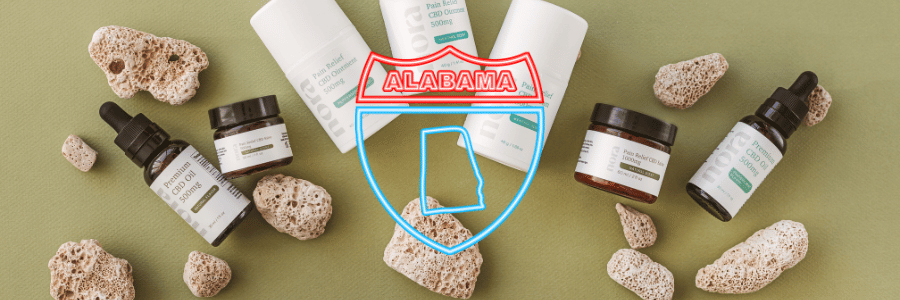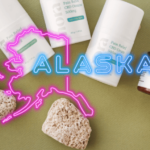Alabama’s position on CBD is a significant part of the changing landscape for cannabis regulation. By 2024, Alabama’s regulations on cannabidiol, a non-intoxicating component found in cannabis plants, will be crucial to both businesses and consumers. This article will shed light on the legality and availability of CBD products and hemp in Alabama. It will focus on whether dispensaries are selling CBD, the classification of the substance as a controlled drug, and the availability in Alabama of hemp and CBD-based products.
Alabama CBD Legal Status
The legality of CBD in Alabama is a result of both state and federal law. The 2018 Farm Bill, which was passed at the federal level in 2018, legalized hemp-derived CBD products that contained less than 0.3% THC. Alabama has adopted this legislation and allows the sale and possession hemp-derived CBD product that meets these criteria.
Dispensaries in Alabama and CBD Sales
Alabama allows dispensaries to sell CBD-based products as long as they follow the state regulations. These products must be made from hemp, and they cannot contain more than 0.3% of THC. The market has been opened for CBD products in different forms such as oils, topicals and edibles.
CBD is it a controlled substance?
In Alabama, CBD from hemp (with a THC content less than 0.3%) will not be classified as a controlled drug until 2024. This classification is in line with federal guidelines, and allows the sale and use legal CBD products. This is a major shift from the previous years, when CBD was strictly regulated. It reflects a wider trend of acceptance and integration hemp products in everyday wellness routines.
Hemp and CBD Products are available in Alabama retail stores
Alabama’s retail scene reflects a growing consumer and accessibility trend. Here is a list of products you can find at various retailers.
- Target has responded to the growing demand for CBD products and hemp, by offering Shikai, Hempz and Zesty Paws. The products range from supplements to skincare, and cater to a broad audience.
- Whole Foods carries CBD products and hemp products by brands such as Shikai, and its own brand Find 365. They focus on natural and organic options.
- Walmart has taken a cautious approach to the issue in Alabama. Customers can still find hemp-based products from Mister Natural. Hempz. Hempvana. Navitas. and Malibu. These products include nutritional supplements, nutritional oils, and lotions.
- Walgreens has a wide range of hemp and CBD-based products. These include brands such as Hollywood, Hempz and Walgreens Brand. They also offer CBD Unlimited, Dr. Bronner’s and Burt’s Bees.
- CVS carries CBD products by Plus CBD and Burt’s Bees. They focus on quality and customer trust.
- GNC offers CBD products from Plus CBD, Burt’s Bees and Burt’s Bees to cater to fitness and wellness supplement enthusiasts.
- Amazon offers a variety of CBD and hemp products by reputable brands such as Charlotte’s Web and Medterra.
Hempworx, which is known for its quality and variety, has exclusive online access, showing the trend of digital platforms being used for CBD purchases.
Conclusion:
Alabama will be legalizing the sale and use hemp-derived CBD by 2024. This is in line with federal guidelines, and reflects a wider movement to accept cannabis-related products as wellness products. Retail stores and dispensaries in Alabama offer a variety of hemp and CBD products to meet a wide range of preferences and needs. This accessibility highlights the changing perception of cannabis, its derivatives and cannabis reforms in Alabama.



